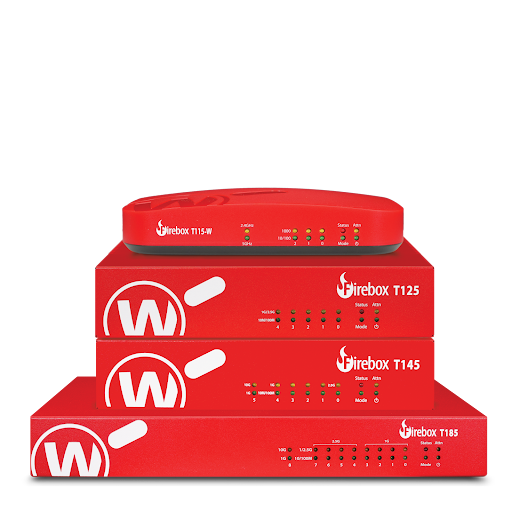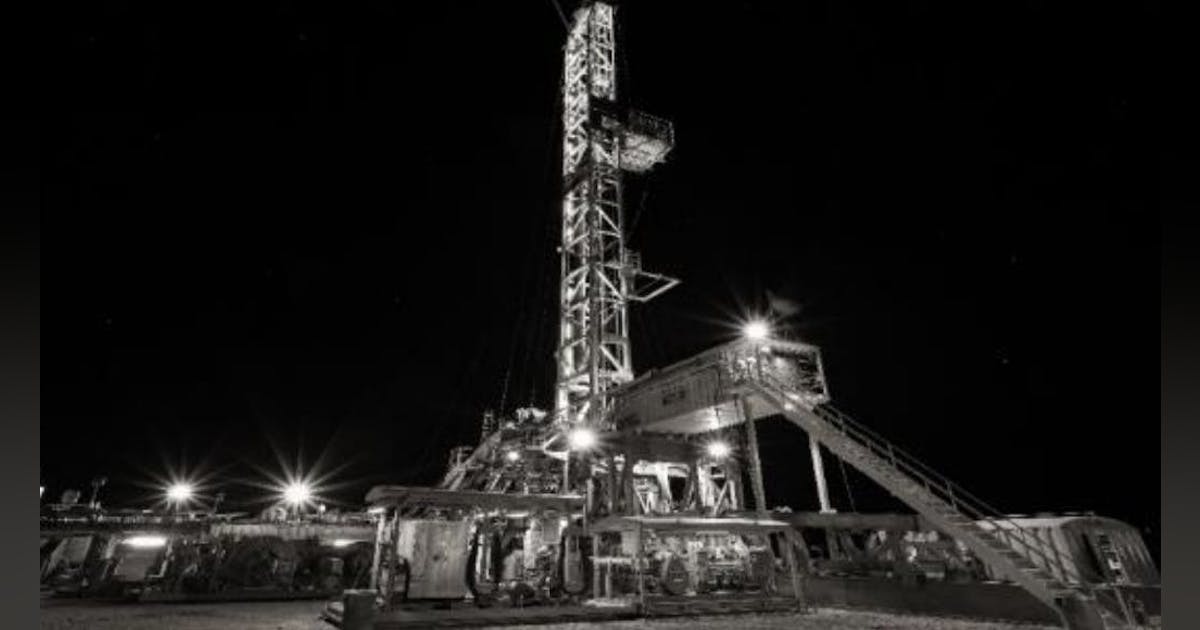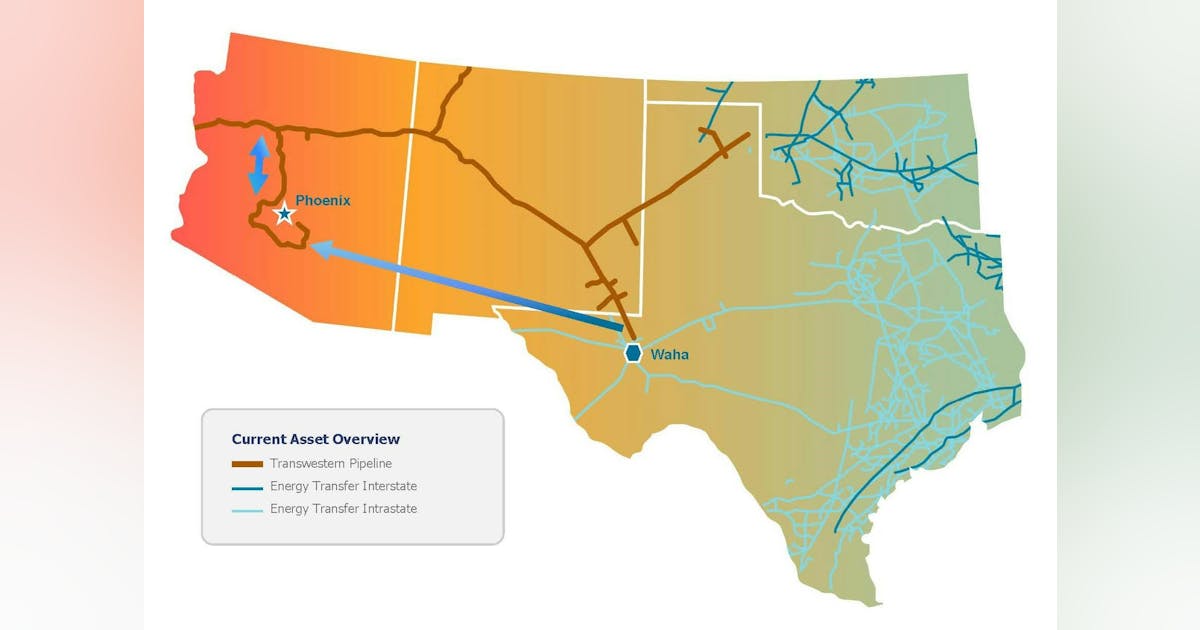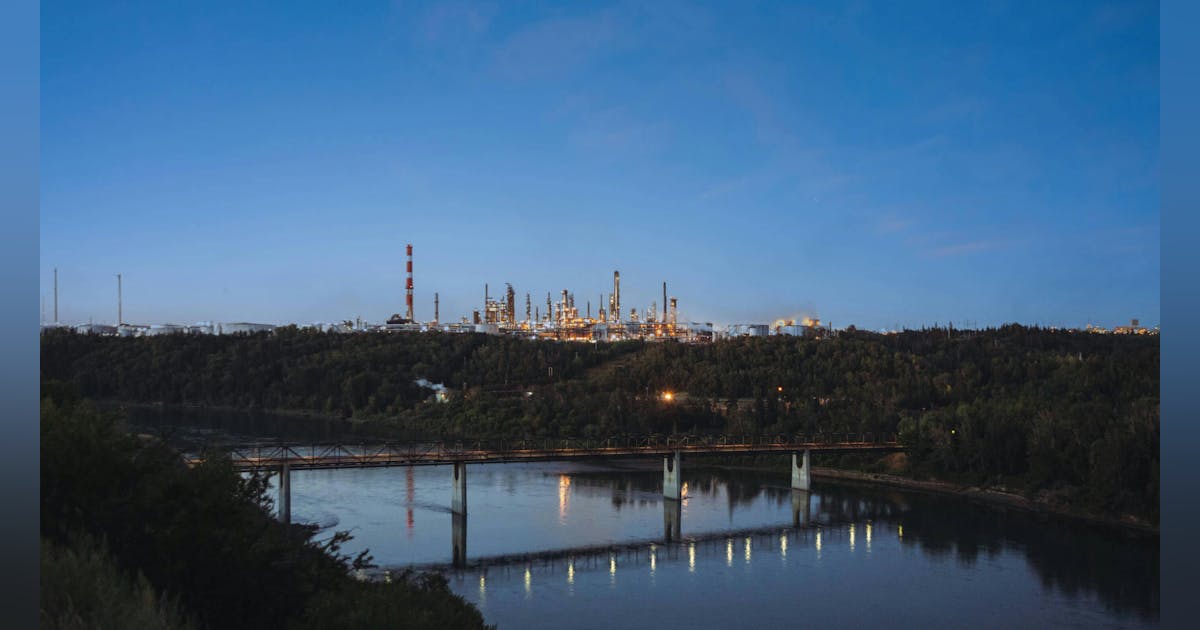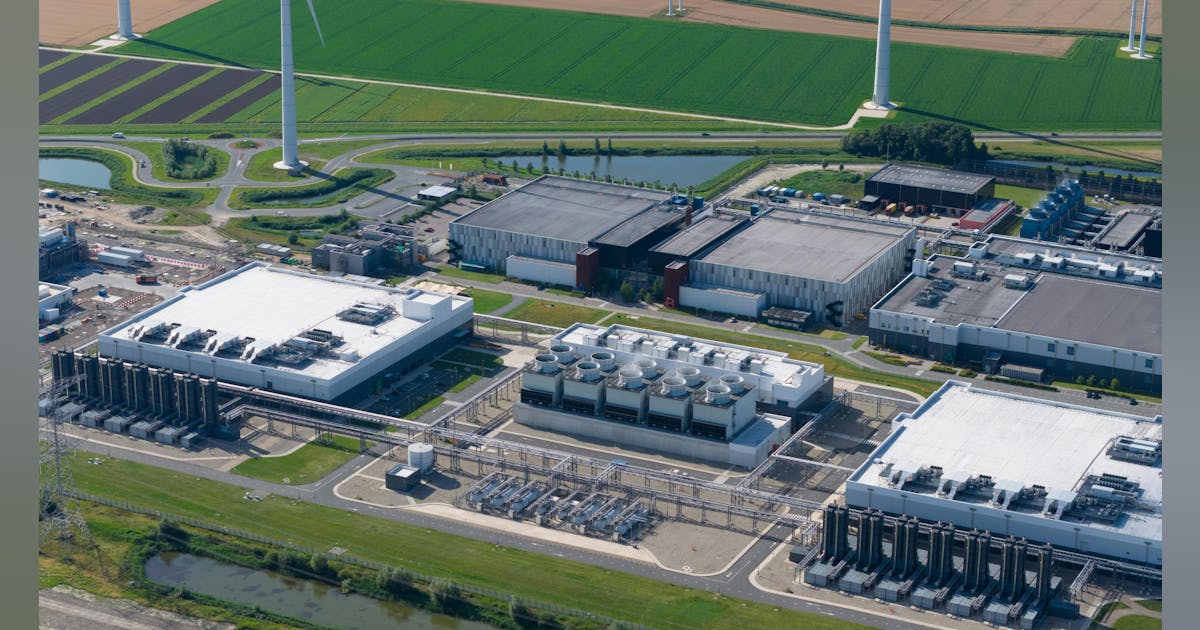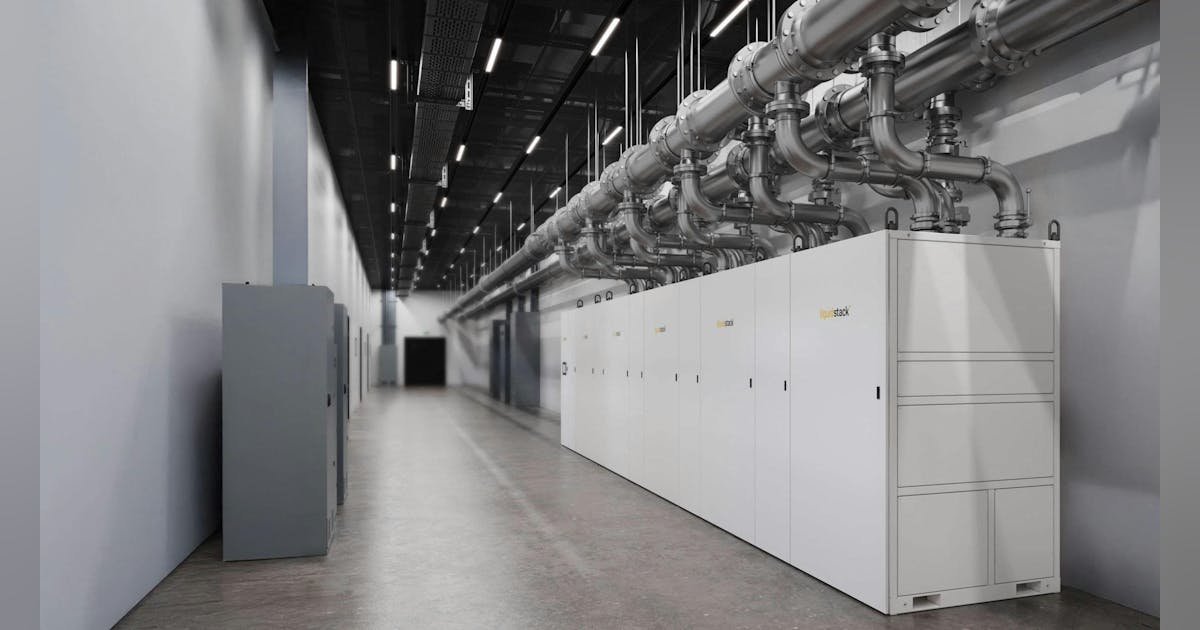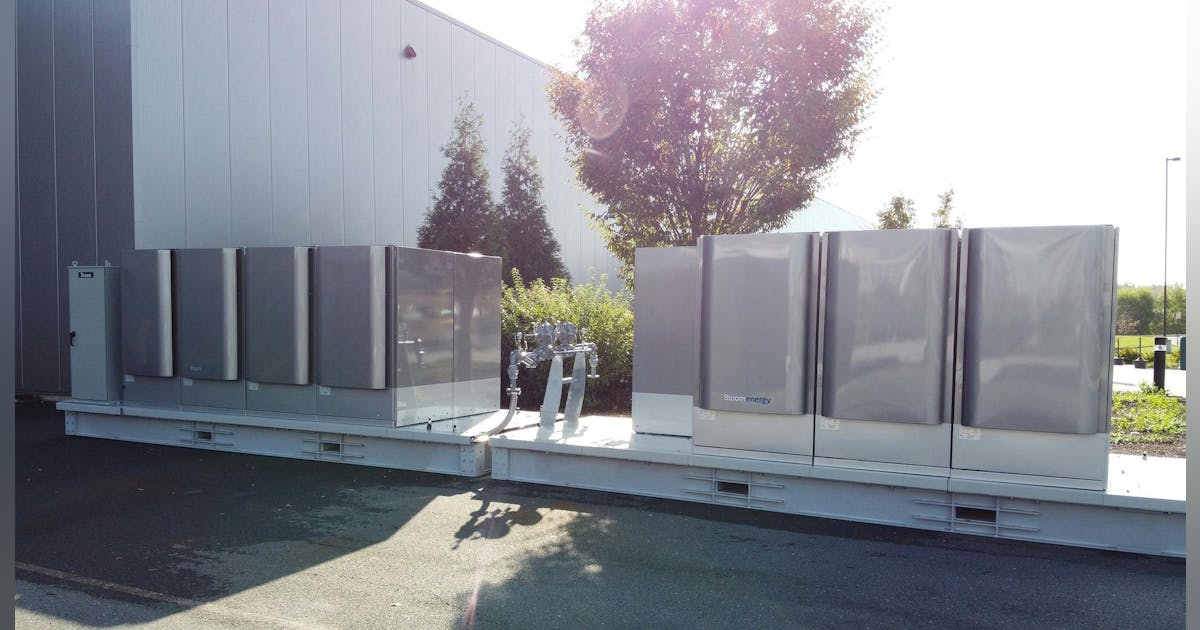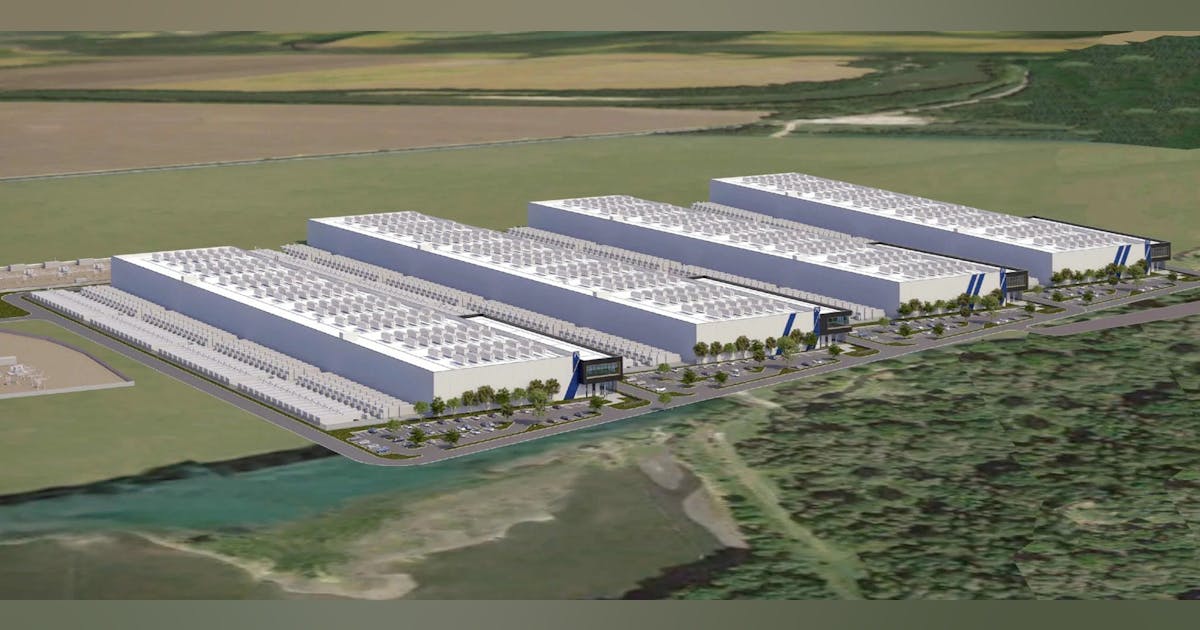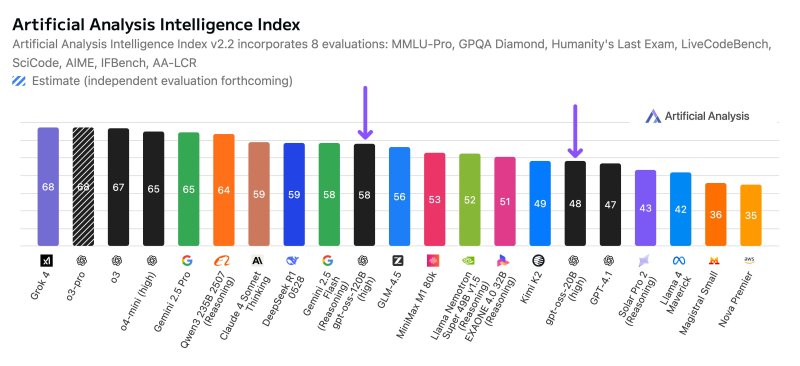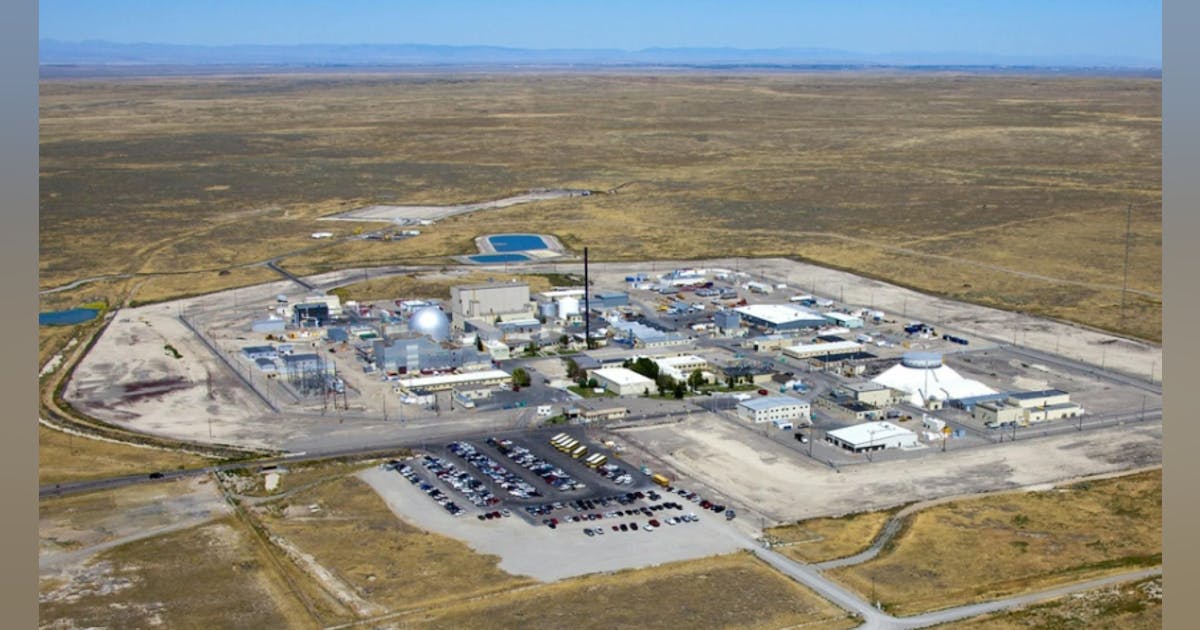
In a coordinated wave of announcements, July 2025 marks a decisive pivot for Oklo as it moves its Aurora Powerhouse small modular reactor (SMR) from visionary concept to near-term reality. The company’s integrated momentum across licensing, construction, and commercial partnerships underscores its transition from development-stage innovator to first-mover in next-generation nuclear deployment.
Strategic alliances with infrastructure leaders Vertiv and Liberty Energy reveal a clear market play: providing clean, high-availability energy solutions designed for hyperscale, colocation, and industrial-scale users.
Meanwhile, the successful completion of a key NRC readiness assessment and the selection of Kiewit as lead constructor for the inaugural Aurora plant at Idaho National Laboratory (INL) indicate a strong glide path toward commissioning by late 2027 or early 2028.
Major execution risks remain, including regulatory pacing, supply chain timing, and demonstration outcomes, but the foundational pieces for commercial deployment are now publicly locked into place.
Oklo & Vertiv: Delivering Power and Cooling for High-Density Data Centers
On July 22, 2025, Oklo and Vertiv (NYSE: VRT) announced a strategic collaboration to co-develop integrated power and thermal management systems tailored to the needs of hyperscale and colocation data centers.
Under the agreement, Oklo will provide both electricity and high-temperature steam from its Aurora fast fission reactor, while Vertiv contributes its advanced portfolio of digital infrastructure and cooling systems. The goal: to tightly couple power generation with thermal management by leveraging reactor heat in Vertiv’s absorption chillers and thermal loops, significantly improving energy efficiency and sustainability.
At the core of the partnership is a joint plan to deliver end-to-end reference design packages as blueprints for future-ready data centers that integrate Oklo’s nuclear powerhouses directly into the facility infrastructure. These designs capitalize on Oklo’s distinctive role not only as developer but as owner and operator of its power plants, enabling deeper coordination between energy supply and digital infrastructure from day one.
The collaboration reflects a broader shift in data center design thinking: integrating clean baseload energy sources like advanced nuclear directly adjacent to compute loads to reduce dependence on strained regional grids and eliminate diesel-based backup. By embedding thermal and power systems into the site design and controlling the energy source, Oklo and Vertiv aim to simplify deployment, reduce emissions, and deliver a new standard for AI-era energy infrastructure.
Jacob DeWitte, Co-Founder and CEO of Oklo said:

